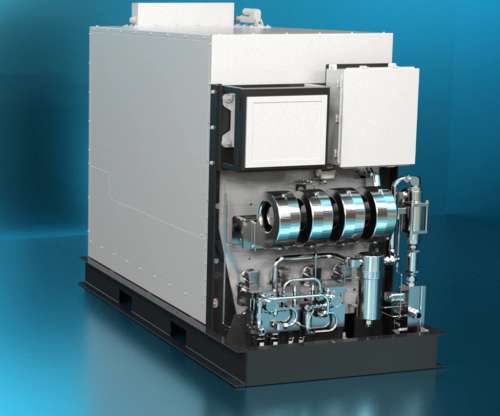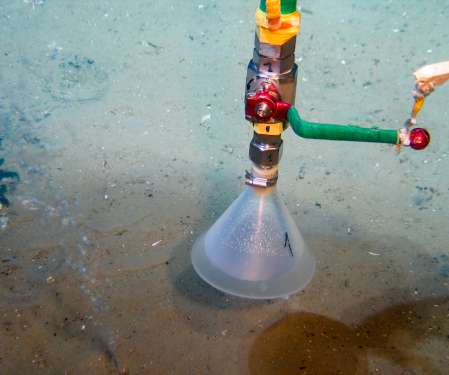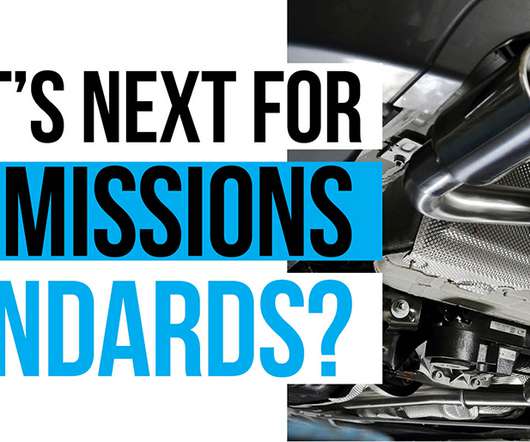Researchers propose using AC and ventilation systems for decentralized production of carbon-neutral synthetic fuels
Green Car Congress
MAY 5, 2019
Researchers at the Karlsruhe Institute of Technology (KIT) and the University of Toronto have proposed a method enabling air conditioning and ventilation systems to produce synthetic fuels from CO 2 and water from the ambient air. The team presents this “crowd oil” concept in Nature Communications. kilograms per hour.
























Let's personalize your content